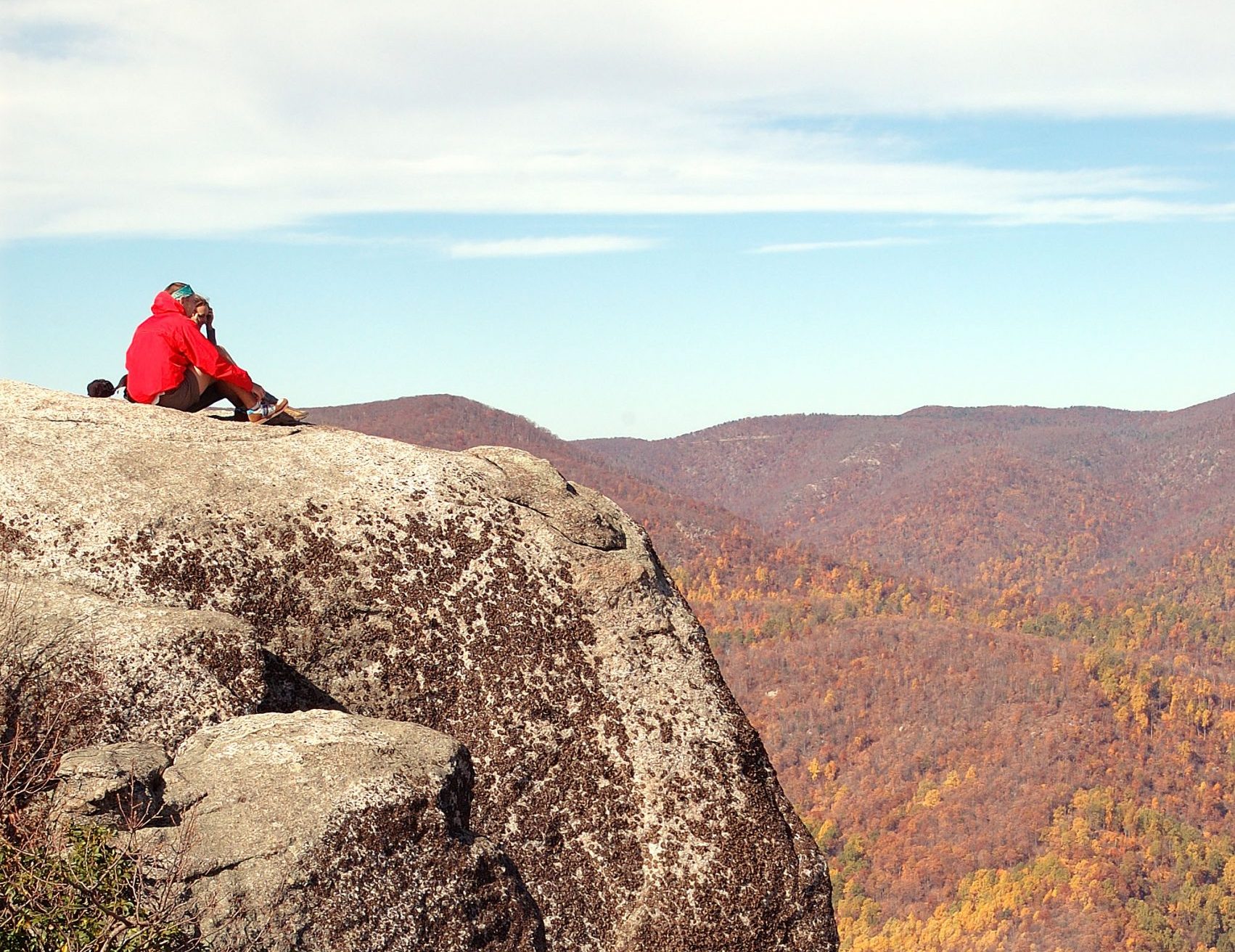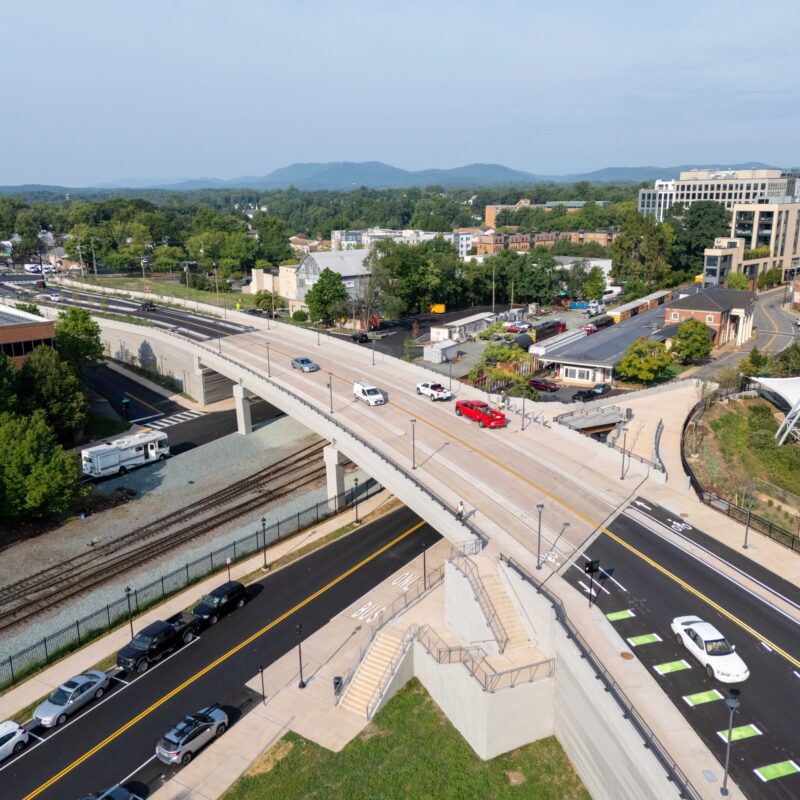Pipeline slowed again
The Mountain Valley Pipeline has been under construction for more than three years. If and when it’s finished, the pipeline will carry natural gas 303 miles from West Virginia to southwestern Virginia. But the huge fossil fuel project has been met with repeated resistance from regulators since its inception—including just last week, when the U.S. Fourth Circuit Court of Appeals repealed another permit required for the pipeline’s construction.
The court expressed its opinion that the pipeline’s plans would significantly disrupt the habitats of two endangered fish, the Roanoke logperch and the candy darter. A variety of environmental groups, including the Sierra Club, Appalachian Voices, and the Center for Biological Diversity, collaborated to defend the fish habitat in court.
“This is an incredible victory,” said Jared Margolis, an attorney at the Center for Biological Diversity, in a press release following the decision. “The Mountain Valley Pipeline is a fossil fuel nightmare that threatens the essential habitat of imperiled wildlife. These projects lock us into an unsustainable spiral of climate change that inflict incredible damage to vulnerable species.”
Equitrans Midstream, the company behind the pipeline, saw its stock fall as low as it’s been all year in the wake of the court’s decision, according to investment site Seeking Alpha. The pipeline is three years behind schedule, activists say.
Tree trouble
Beyond covering the city in a blanket of ice and snow, Charlottesville’s recent winter storms caused lasting damage to the city’s natural landscape. Last week, staff reported to the city Tree Commission that about 42 trees fell on power lines in the first storm. City parks lost between 20 and 30 trees, another 20 to 30 trees fell on school property, and two to three trees came down in cemeteries. In total, the city lost about 100 trees in the latest spate of storms, nearly matching the 118 trees lost in all of last year. Charlottesville has gotten about 19 inches of snow so far this winter, according WHSV3, which already eclipses the yearly average of about 17 inches.
In brief
Get in line
Old Rag, among the most iconic Blue Ridge hikes, will require tickets for those who want to climb the mountain beginning in March. Tickets can be reserved 30 days in advance, and cost $1 on top of the park entrance fee. Eight-hundred tickets will be sold per day. The program is an effort to “protect fragile natural resources” on the mountain, says the Park Service.
Are you in?
More than 31,000 students applied to UVA through non-binding early action, The Cavalier Daily reports. Twenty percent of those students—6,243 young scholars in total—were admitted. The number marks a 7 percent increase in total early action applications compared to the 2020-21 cycle.
Bug off
More aggressive measures could be on the horizon as the state fights the invasive spotted lanternfly. Virginia Department of Agriculture Program Manager David Gianino provided an update to the Albemarle Board of Supervisors on containment efforts last week. If current treatment efforts are unsuccessful in reducing the population, counties may be quarantined, which requires businesses to get a permit for storing goods outdoors and undergo anti-fly training. So squash those bugs!
Redistricting begins in Albemarle
With the 2020 Census completed, Albemarle County will soon begin redrawing the lines for its six Board of Supervisors districts. Three alternative maps have been created, and you can view and comment on them on the Board of Supervisors website. The public comment period is open until March 4.






